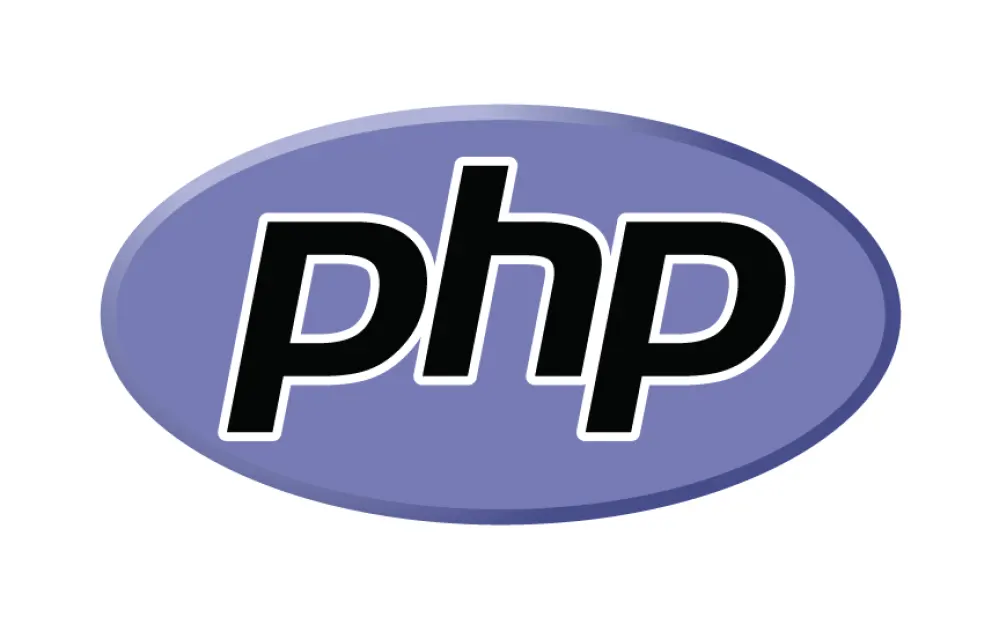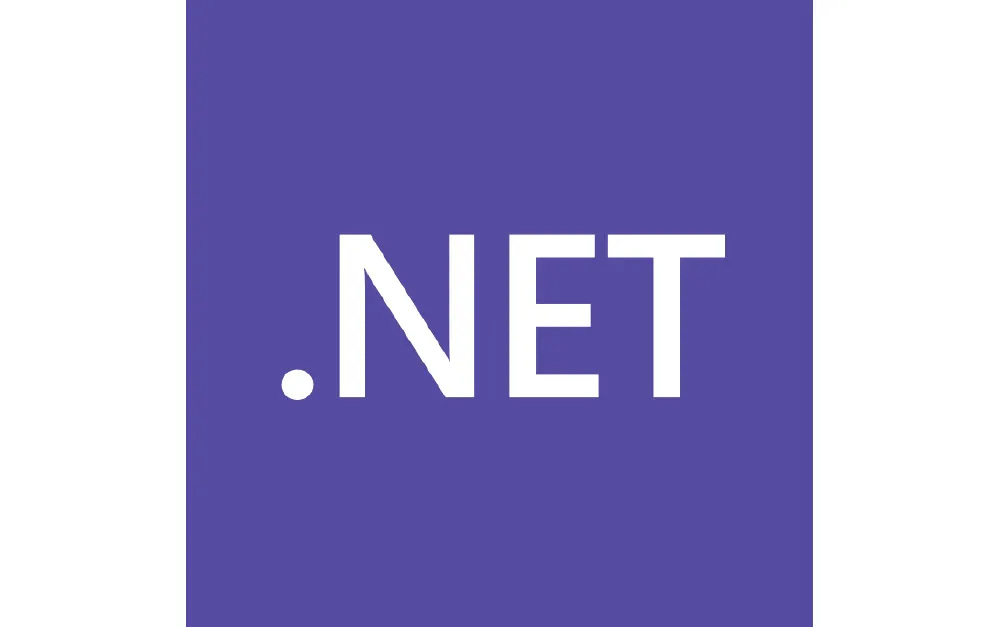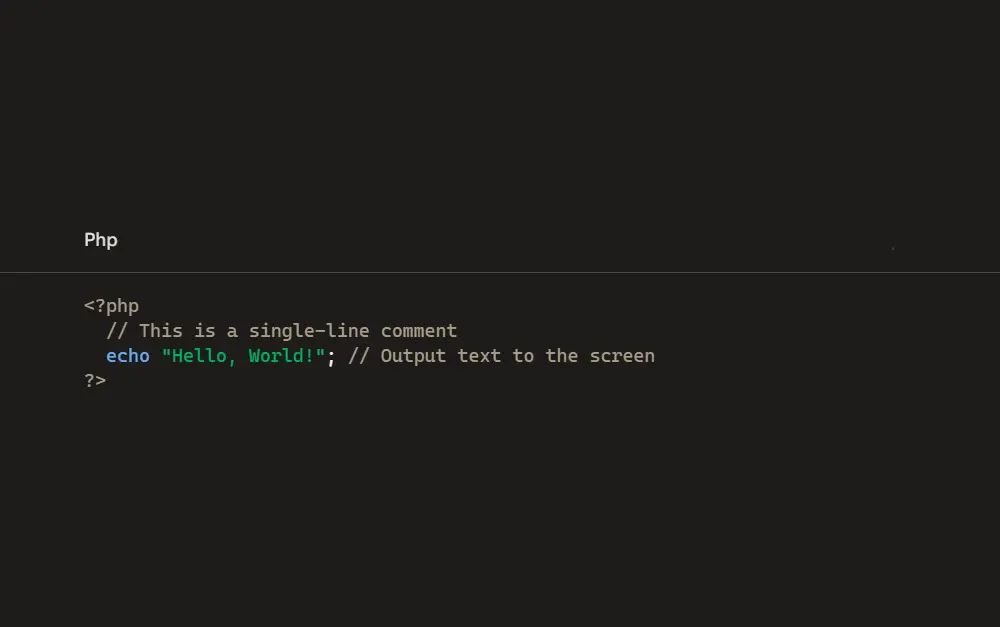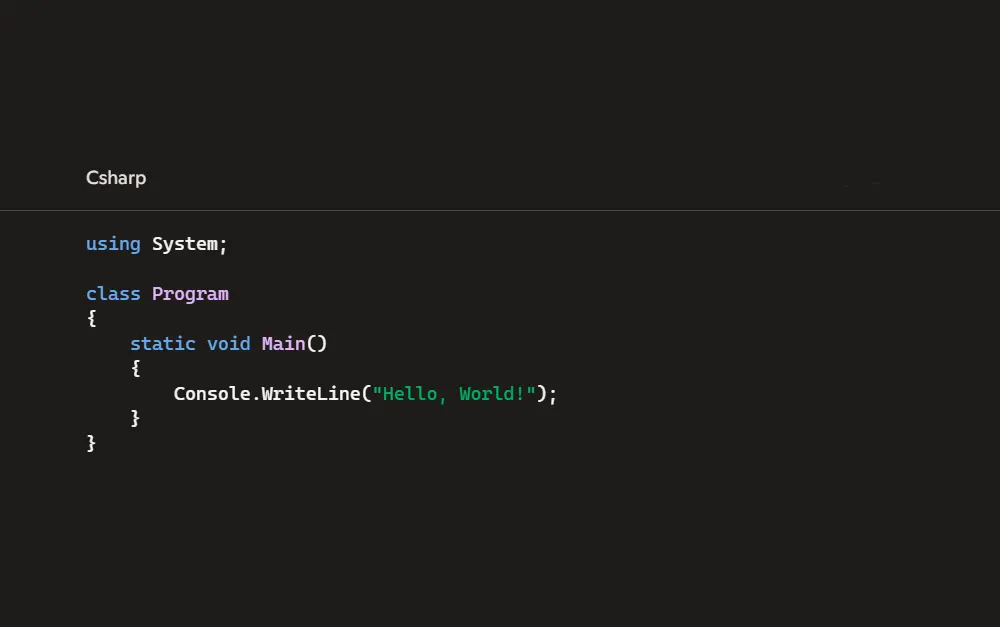
PHP and .NET Both are widely used technologies in web development, each with unique features and originating from different ecosystems. They fulfill similar roles in creating websites, but aren't directly linked. However, in some projects, developers utilize both, taking advantage of their respective strengths. For instance, a project might feature a PHP-based frontend working in tandem with a .NET-based backend service.


PHP
PHP, developed by Rasmus Lerdorf in 1994, stands for "Hypertext Preprocessor." It is a server-side scripting language tailored for web development. As an interpreted language, PHP does not need a compiler. It can handle a variety of tasks related to server-side scripting, making it a popular choice for backend website development.
PHP can seamlessly integrate with a variety of databases, including Oracle, Microsoft SQL Server, MySQL, PostgreSQL, Sybase, and Informix.
Websites like www.facebook.com and www.yahoo.com are also built on PHP.


.NET
.NET, a software framework created and developed by Microsoft, debuted its first version, 1.0, in 2002.
.NET is an open-source developer platform designed to build various types of applications. It encompasses multiple programming languages, such as C#, F#, and Visual Basic, and supports diverse application types, including desktop, web, mobile, and gaming applications.
The .NET Framework is composed of two primary components: the Common Language Runtime (CLR) and the .NET Framework Class Library. The CLR oversees the execution of code written in any supported language, while the class library offers a vast collection of pre-built functions and classes for creating various applications.



